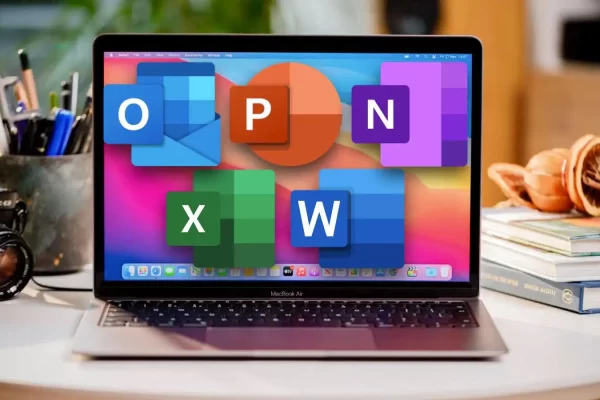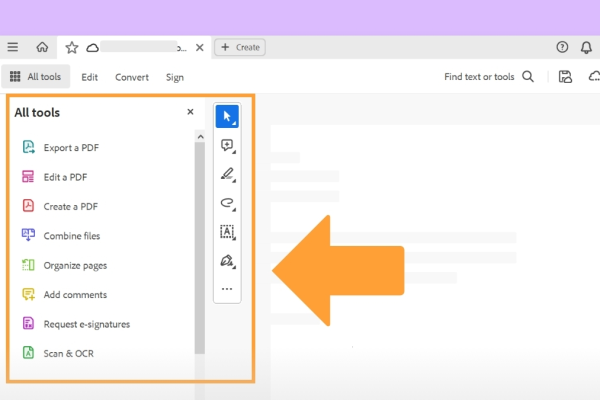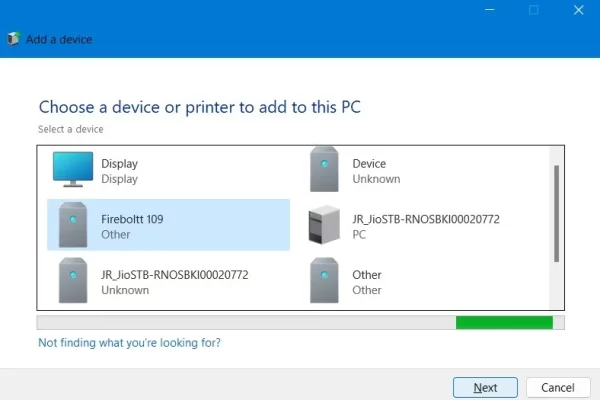Introduction.
Education is the cornerstone of a child’s future, and many parents seek additional support for their children’s learning outside of the traditional classroom setting. Private tutoring has become increasingly popular as it offers personalized attention, tailored learning experiences, and the opportunity to address specific academic challenges. However, finding the right private tutor for your child can be a daunting task. In this comprehensive guide, we will walk you through the essential steps to ensure you choose the perfect private tutor to support your child’s educational journey.
1. Assess Your Child’s Needs.
Before you start your search for a private tutor, it’s crucial to understand your child’s educational needs. Identify the subjects or areas where your child is struggling or needs improvement. Determine their learning style, whether they learn best through visual, auditory, or kinesthetic methods. Recognize any specific goals or milestones you want the tutor to help your child achieve. By having a clear understanding of your child’s needs, you can better communicate your expectations to potential tutors.
2. Define Your Goals and Expectations.
Private tutoring can serve various purposes, from improving grades to preparing for standardized tests or enhancing overall learning skills. Define your goals and expectations clearly to find a tutor who aligns with your objectives. Consider factors such as the frequency and duration of tutoring sessions, desired outcomes, and any specific teaching approaches or methods you prefer.
3. Research Tutoring Options.
There are several avenues to explore when searching for a private tutor:
- Local Tutoring Centres: Many local tutoring centres offer one-on-one tutoring services. These centres often have a roster of experienced tutors with expertise in various subjects.
- Online Tutoring Platforms: Online tutoring platforms connect students with tutors from around the world, providing flexibility in scheduling and subject expertise.
- Recommendations: Seek recommendations from friends, family members, or teachers who may know of experienced and reliable tutors.
- Educational Websites and Forums: Online communities and educational websites often have directories of tutors, along with reviews and ratings.
4. Verify Qualifications and Credentials.
Once you’ve identified potential tutors or tutoring centres, it’s crucial to verify their qualifications and credentials. Look for the following:
- Educational Background: Ensure the tutor has the necessary educational qualifications and expertise in the subject your child needs help with.
- Teaching Experience: Experience is invaluable. A tutor with a proven track record is more likely to understand your child’s needs and offer effective solutions.
- References: Ask for references from previous students or parents who have worked with the tutor. This can provide valuable insights into their teaching style and effectiveness.
5. Interview Potential Tutors.
Don’t hesitate to conduct interviews with potential tutors. During the interview, ask questions such as:
- Teaching Approach: Inquire about their teaching methods and strategies. Ensure they align with your child’s learning style and goals.
- Availability: Discuss scheduling and availability to determine if it matches your child’s needs.
- Progress Tracking: Ask how the tutor plans to track and report your child’s progress.
- Communication: Establish clear communication channels to stay updated on your child’s learning journey.
6. Consider Compatibility.
The relationship between your child and their tutor is essential for effective learning. Consider factors such as personality compatibility, teaching style, and the tutor’s ability to motivate and engage your child. If possible, involve your child in the decision-making process and seek their input on the tutor selection.
7. Trial Sessions.
Before committing to a long-term tutoring arrangement, consider scheduling trial sessions with potential tutors. These sessions can help you evaluate the tutor’s teaching style, your child’s comfort level, and the overall effectiveness of the tutoring.
8. Discuss Expectations and Terms.
Once you’ve chosen a tutor, it’s essential to have a clear understanding of expectations and terms. Discuss the following:
- Payment: Agree on the payment structure, schedule, and any cancellation policies.
- Session Details: Establish the frequency, duration, and location of tutoring sessions.
- Progress Reports: Determine how and when the tutor will provide feedback and progress reports.
- Flexibility: Discuss any flexibility in the schedule and how makeup sessions will be handled.
9. Monitor Progress.
Stay actively involved in your child’s tutoring journey. Regularly communicate with the tutor to track progress, address concerns, and ensure that the tutoring is meeting your child’s needs. Be open to adjustments or changes in the tutoring plan as necessary.
10. Review and Assess Periodically.
Periodically review the effectiveness of the tutoring. Assess whether your child is achieving their academic goals and if any adjustments are needed. Be open to feedback from both your child and the tutor.
Conclusion.
Choosing the right private tutor for your child is a significant decision that can have a lasting impact on their education. By following these comprehensive steps and taking the time to research and evaluate potential tutors, you can ensure that your child receives the personalized support they need to excel academically and reach their full potential. Remember that a great tutor not only imparts knowledge but also instils a love for learning, helping your child become a confident and independent learner.





